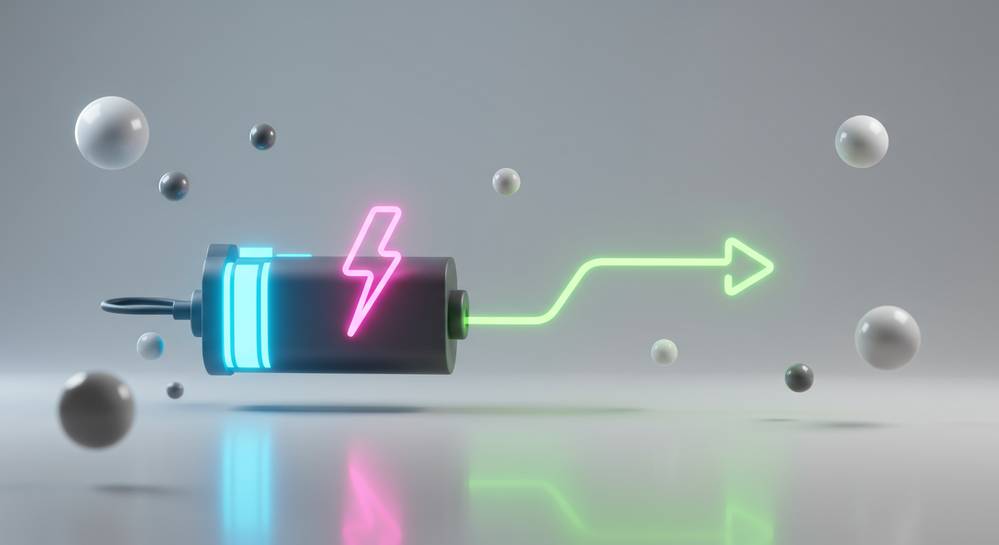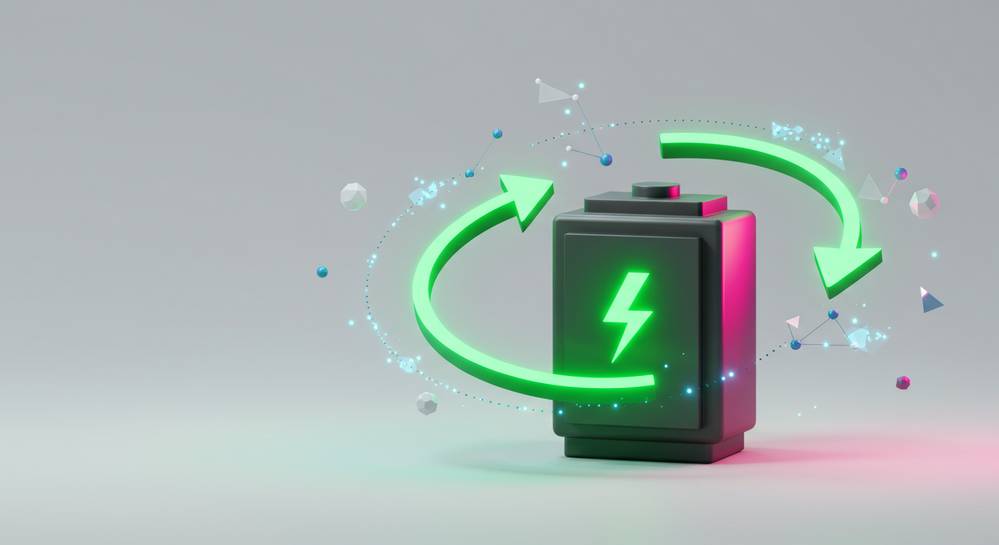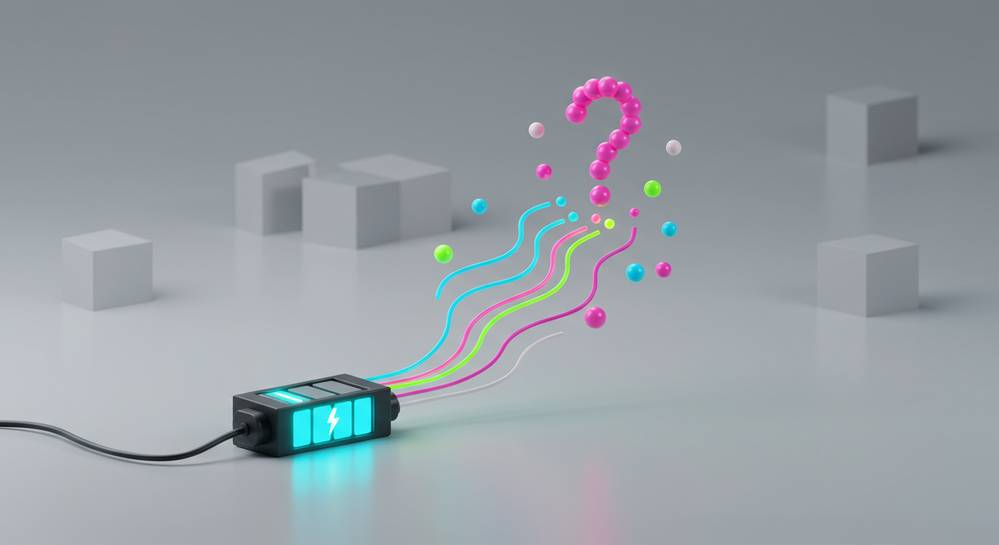The world of electric vehicles is defined by the constant evolution of its most critical component: the battery. Keeping up with the latest electric car battery news updates is essential to understanding the future of mobility. From groundbreaking new chemistries to major shifts in supply chains, these developments directly impact everything from vehicle range and charging speed to affordability and environmental sustainability. Let’s explore the key updates you need to know.
The latest breakthroughs in battery technology
Key advancements in battery chemistry
The electric vehicle sector is advancing at an unprecedented pace, fueled by breakthroughs in battery engineering. The latest electric car battery news updates highlight the maturation of solid-state cells and the commercialization of sodium-ion technology. Solid-state batteries from pioneers like QuantumScape and Toyota promise a significant leap in energy density and safety. They replace the liquid electrolyte with a solid material, potentially enabling EVs with over 1,000 km of range on a single charge.
- Solid-State Batteries: Moving from lab concepts to pilot production, these aim to eliminate fire risk and dramatically increase energy capacity.
- Sodium-Ion Batteries: Manufacturers like CATL are launching these affordable cells. While less energy-dense, they are cheaper, sustainable, and perform exceptionally well in cold weather. This makes them ideal for entry-level EVs and stationary energy storage, a cornerstone of emerging smart home technologies.
- Lithium-Iron-Phosphate (LFP) Enhancements: Once a budget option, LFP batteries now boast improved energy density and charging speeds, making them a mainstream choice for many automakers.
How innovations are impacting ev range and charging speed

Boosting range and slashing charge times
Technological progress directly addresses top consumer concerns: range anxiety and charging time. The latest electric car battery news updates show a clear trend towards higher energy density. This makes a 500-mile (over 800 km) range a realistic target for new premium models. Standard models are also now comfortably exceeding 300 miles (480 km), making long-distance travel more practical than ever.
Charging speed is seeing an equally dramatic improvement. New battery designs and advanced thermal management enable ultra-fast charging. Some new packs can add 250 miles (400 km) of range in just 15 minutes. This is achieved through several key innovations.
- Improved Anode Materials: Silicon-based anodes are replacing graphite. They allow for faster lithium-ion absorption without causing rapid degradation.
- 800V Architectures: Higher voltage systems, used by automakers like Porsche and Hyundai, reduce electrical current for the same power level. This minimizes heat and enables faster, more efficient charging sessions.
Sustainability and the future of battery recycling

Building a sustainable battery lifecycle
As the EV market grows, the environmental impact of batteries is a major focus. The industry is creating a sustainable, circular economy for battery materials. Key electric car battery news updates show a global push to reduce dependency on controversial materials like cobalt. Automakers such as Tesla and Ford are increasingly adopting cobalt-free LFP batteries for their standard-range vehicles, addressing ethical mining concerns directly.
Furthermore, battery recycling is becoming a major industrial sector. Regulations in Europe and North America now mandate higher material recovery rates. Companies like Redwood Materials are building massive facilities to reclaim valuable metals like lithium and nickel from used batteries. These materials are then reintroduced into the supply chain, reducing the need for new mining and lowering the carbon footprint of electric vehicles. This highlights the critical intersection between technology and the environment.
What to expect next in the electric vehicle battery market

The future of the electric vehicle battery market
The EV battery market is poised for a transformative era, with future electric car battery news updates focusing on greater integration and intelligence. One of the most significant trends is the adoption of cell-to-pack (CTP) and cell-to-chassis (CTC) designs. By eliminating modules and integrating cells directly into the vehicle structure, automakers can reduce weight, lower costs, and improve energy density, making vehicles more efficient.
- AI-Powered Battery Management: Advanced software will use artificial intelligence to optimize charging, monitor battery health with greater precision, and predict remaining life.
- Cost Reduction: Innovations and cheaper chemistries like sodium-ion are expected to drive pack costs below the critical $100/kWh threshold, making EVs price-competitive with gasoline cars.
- Supply Chain Diversification: Geopolitical factors are pushing companies to build localized battery supply chains, reducing reliance on single sources and creating regional manufacturing hubs.
The pace of innovation in electric vehicle battery technology is relentless. From new chemistries that promise greater range and safety to a growing focus on sustainability, these developments are paving the way for the next generation of EVs. Staying informed is key to understanding the future of transportation. For the latest insights and breaking news, continue exploring News Explorer Today.